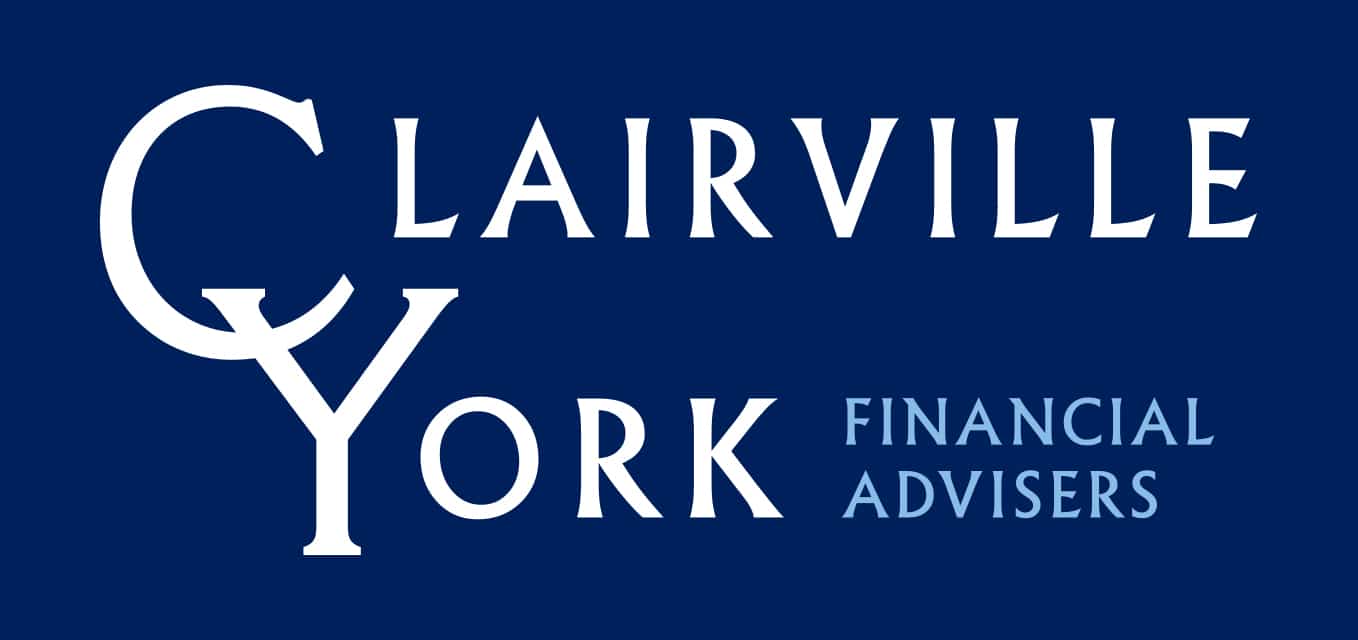Until 2007, it was standard advice to people whose estates would potentially be liable to pay inheritance tax to include in their Will a trust into which part of the value of the estate would pass. In most cases, this is no longer appropriate.
The reason for the trust was that no inheritance tax is payable on the first slice of an estate, referred to as the ‘nil rate band’, which currently stands at £325,000. However, estates passing between spouses and civil partners are wholly exempt from tax, so the nil rate band would not be used.
The trusts drafted by solicitors to address the issue would name the testator’s spouse as a beneficiary but avoid the tax consequences which would have arisen if the assets had been bequeathed directly to the spouse.
However, as increases in house prices pushed the value of an increasing number of estates above the nil rate band, the Government decided to allow all spouses to achieve a similar objective to the trust arrangement, by permitting the value of the nil rate band to be transferred to the surviving spouse.
Many wills still include these trusts, and they continue to be effective and indeed to offer some advantages over the transferable nil rate band.
All this will change as from 6 April 2017, when an additional nil rate band, known as the family home allowance, will be introduced for the benefit of home owners. This entitles ‘direct descendants’ of a deceased who inherit the family home to a further allowance which will increase each year until it reaches £175,000 by the tax year 2020/21.
Combining the nil rate band and the family home allowance will eventually provide exemption from tax for estates worth £1 million. However, since it is only available if the home goes to ‘direct descendants’, it would not apply to trust arrangements, and wills containing such arrangements may need to be re-written.
The family home allowance is clawed back from estates worth over £2 million, so in these cases it might be decided to keep the trust arrangements in place.

